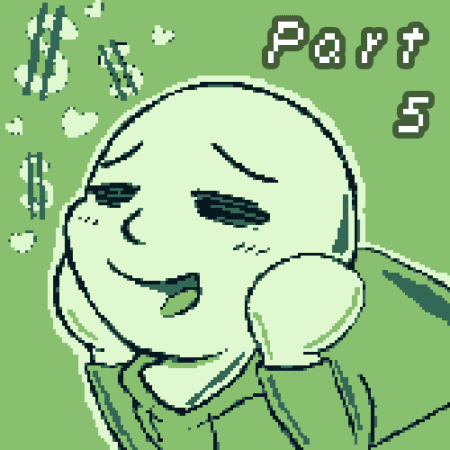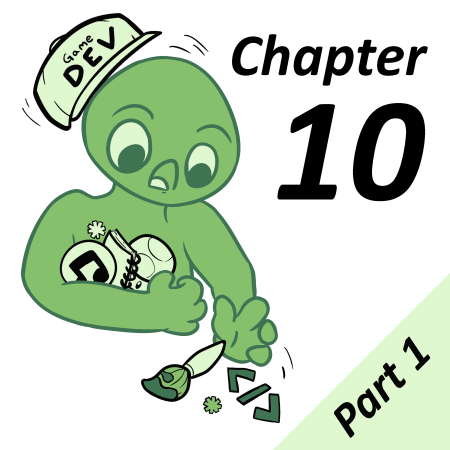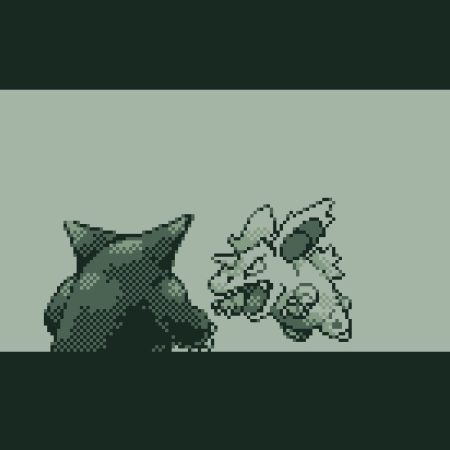You’ve planned your campaign, successfully marketed it, and hit your goal. Congrats! What comes next? In the final installment of this series, we’ll discuss the last step of your crowdfunding project: Fulfilling Your Campaign.
It’s important to reiterate that despite crowdfunding becoming an acceptable and viable method for raising funds, there are still many projects that despite being successfully funded, do not see production or get shipped (this report from Kickstarter suggests 9%). This is one of the reasons behind backer hesitancy, a pledge is not a promise or a contract. By committing a financial amount to your project, backers are showing their support and investing in you and your product. Not all investments see a return, but in the world of crowdfunding and game development, your backers are expecting to see a reward for supporting you. By thinking ahead to what fulfillment looks like, you’ll have a better idea of the work that’s needed to succeed in that goal.
Be Realistic and Transparent with Timing
When you first planned your crowdfund campaign, you should have attempted to forecast when backers can expect their rewards. It’s always a good idea to buffer some extra time for this, even if you are very sure of when you’ll be able to deliver. A recent Kickstarter I backed provided an estimated date for products to be shipped out in March. Within the first week of March the creator started getting messages from people asking where their product was. The creator had everything in place to ship out the week after, but that kind of correspondence can really wear on someone when they are putting so much effort into things.
If you are experiencing delays, don’t hide them. Let your backers know what specifically has happened (maybe something got held up in shipping, or a family emergency has come up), it’s always better to be honest with the people who put their money and faith in your project.
Get Help
This can be really hard to do, ask people to help with your project. After all, you got paid, so shouldn’t they? The reality is that you’ll most likely find friends, family and members in your community (both physical and virtual) who want to see you succeed and are willing to assist in some part of your project. Of course, providing them with an incentive is a good way to offset their time. For my game, everyone who was involved in helping create it was provided a free physical copy. People who helped in person were also provided pizza (definitely feed people if they are providing their time in person). If you have a stable business with your development work, this may be a situation where you do offer to pay people for their time, but offering thanks in kind is often enough if it’s your first project.
There are also specific fulfilment help services you can look into. Just like services that offer to help run your campaign, make sure you do your research before handing over any money or responsibility to them.
If your game has a digital portion, itch.io has great integration that allows you to import a spreadsheet with your backer’s emails. This way it’s an easy deployment and you’ll be able to get your game or other rewards out to them with little effort.
Promote Other Projects
There is this unwritten expectation that if your project is successfully funded you’ll share another project worth checking out. Backers do often appreciate being informed of other projects. There’s many situations where someone will find out about a project long after the campaign is over, and wish they had been informed about it prior. By spreading the word, you’re not only helping another project, you’re also benefiting potential backers who could have missed out. Speaking of people who missed out…
Backer Slackers
While I don’t like the term “slacker”, it rhymes. There are several post-campaign services that cater to those who may have missed out on the campaign for one reason or another. Perhaps someone is interested in just one aspect of your project, or would like to gift a copy to a friend, this could be your opportunity to allow them to support your project and get something for themselves.
The key here is to not necessarily have a strategy to support requests post campaign completion, but to be prepared for people asking about it. I still have people wanting to get a copy of my game 2 years after the campaign ended, but I have set a hard answer of “no” for that. I was explicit with my campaign that I would not be producing any more units after the initial run, and I’m sticking to it.
Final Thoughts
After all is said and done, is it worth it to run a crowdfunding campaign? I’m gonna say that personally I’m on the fence. As a way of making new connections, and finding new communities, I am very grateful for having done my campaign. From a purely financial perspective, my project ended up bringing in some paid work for collaborators and I also walked away with the experience of having actually produced a cart that made it to “market”. However, the many, many hours I put into the project were not really compensated, and some of that time away from my family makes it hard to justify doing a campaign again.
Still, especially if this is your first project that you are trying to get off the ground, a crowdfunding campaign can be just the thing that provides the finances needed to complete it. Hopefully after reading all the parts of this series, you’ll be better prepared for what it takes to run a campaign and can make an educated decision over whether it’s right for you.

Audio Engineer, Mac Technologist and Video Game Developer. Managing Editor of GBStudio Central. (he/him)





